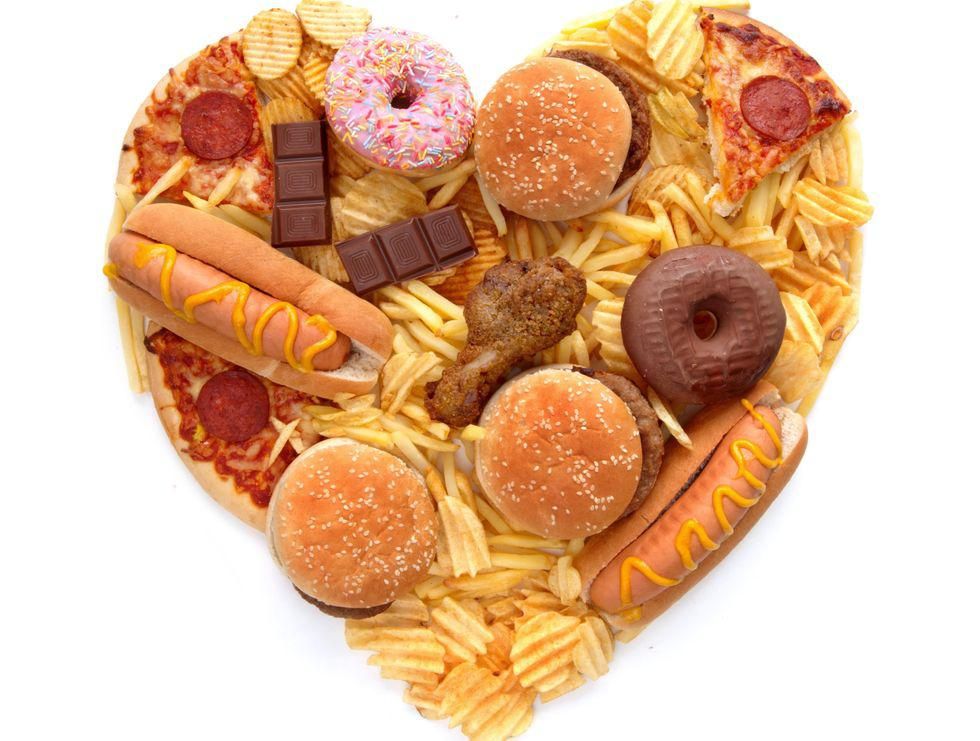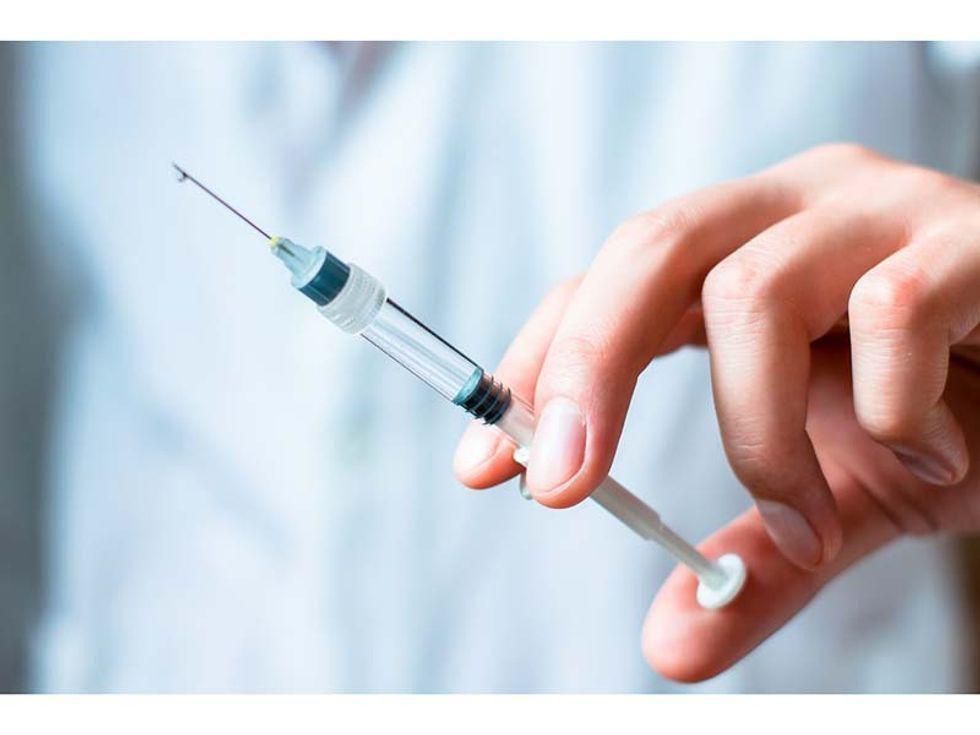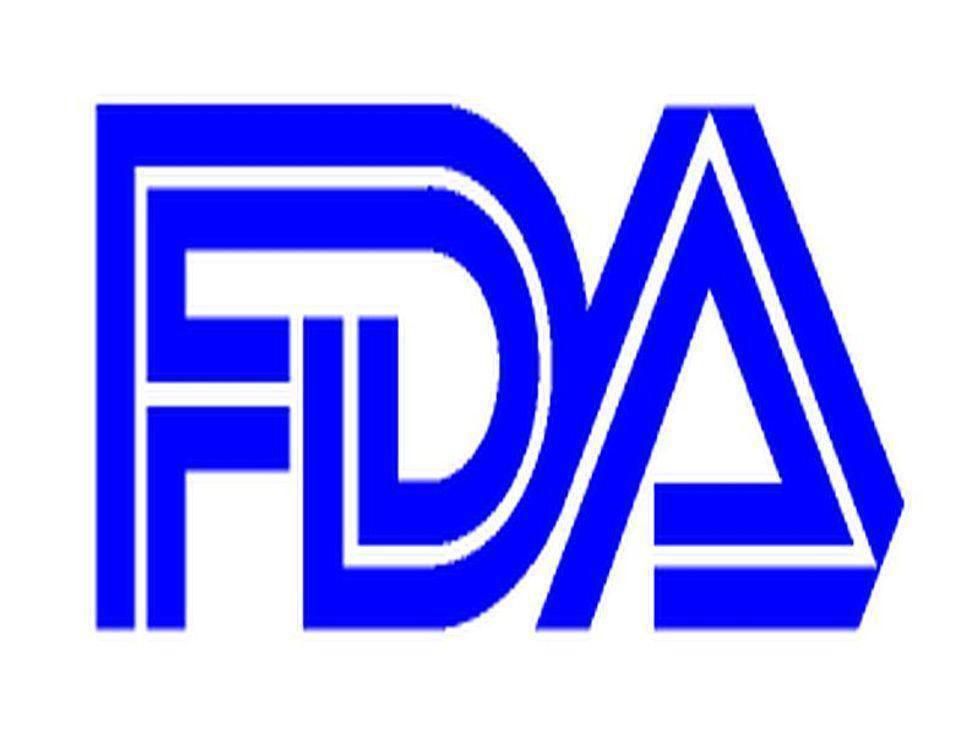
The White House on Wednesday unveiled a national plan to roll out coronavirus vaccines for 5- to 11-year-olds that is designed to make getting shots as easy and comfortable as possible for both kids and their parents. Rather than mass vaccination sites, the Biden administration plans to have pediatric COVID shots delivered in settings that… read on > read on >






























